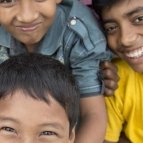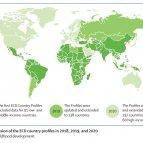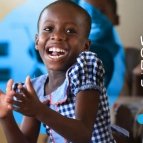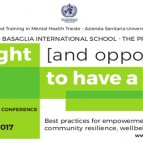SELF-HARM AND SUICIDE IN YOUNG PEOPLE: ASSOCIATED RISK FACTORS AND EVIDENCE BASED INTERVENTIONS
Expert Opinion Statement by Professor Ella Arensman, Director of Research, National Suicide Research Foundation, Adjunct Professor of the Department of Epidemiology and Public Health, President of the International Association for Suicide Prevention (Ireland)
In recent years, international research has shown an increase of self-harm and suicide in young people. In addition, many self-harm acts among children and adolescents remain ‘hidden’ from health services. Self-harm in children and adolescents commonly involves self-cutting and intentional drug overdose, and associations have been found with depression, anxiety, eating disorders, substance abuse, physical and sexual abuse and bullying including cyberbullying.
Suicide clustering is four times more common among young people (15-24 years) than other age groups. There are indications of increasing clustering and contagion effects in suicidal behaviour among young people associated with the rise in social media. In addition, in small communities social learning processes also contribute to clustering of suicide and self-harm.
There is growing evidence for positive mental health promotion programmes in reducing risk factors for self-harm and strengthening protective factors. A number of specific interventions, including Cognitive Behaviour Therapy and Dialectical Behaviour Therapy have demonstrated positive effects in reducing risk of repeated self-harm among young people. However, the number of randomised controlled trials in this area is limited.









